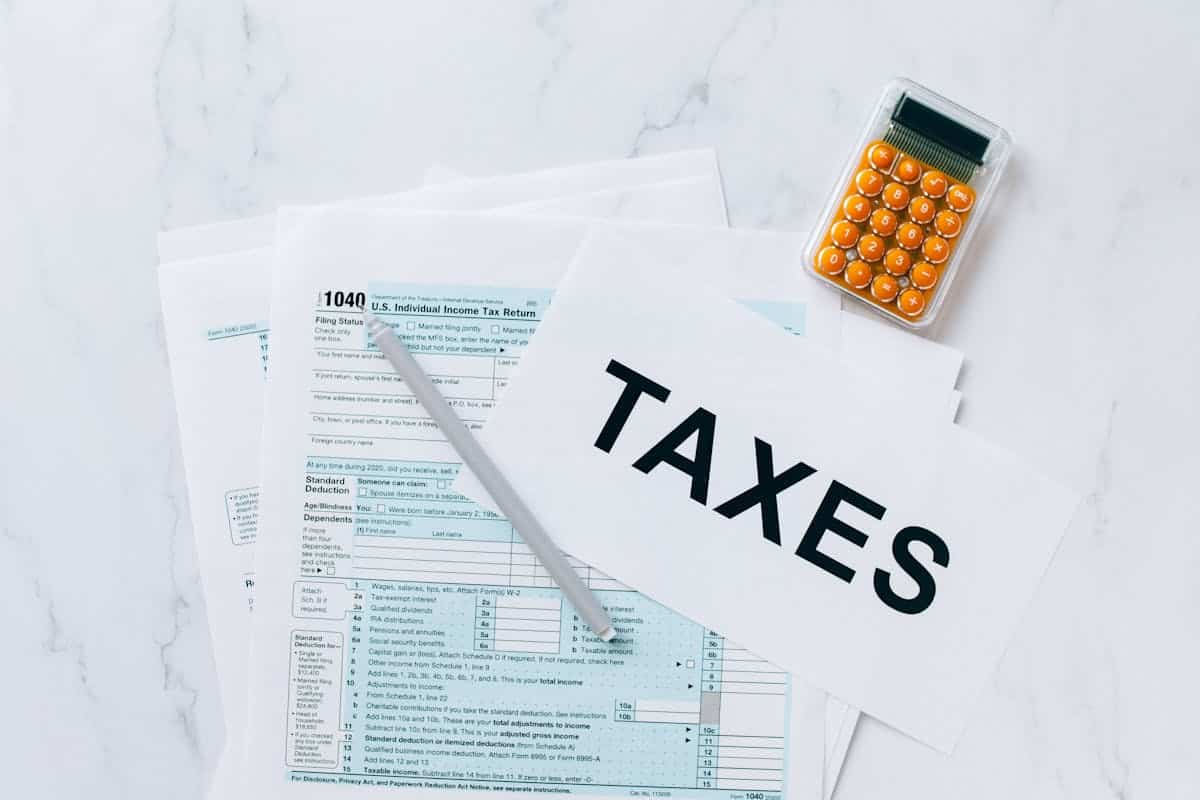Business
Bonfield Business Taxes: Everything You Need To Know

Navigating the world of business taxes can be overwhelming, especially for small business owners. In Bonfield, understanding the intricacies of business taxes is essential for compliance and financial health. This guide aims to clarify the ins and outs of Bonfield business taxes, helping you make informed decisions.
Understanding Business Taxes in Bonfield
What Are Business Taxes?
Business taxes are levies imposed on a business’s income or profits. They vary based on the type of business entity, such as sole proprietorships, partnerships, or corporations. In Bonfield, these taxes must be filed with both state and federal authorities.
Importance of Tax Compliance
Tax compliance is crucial. Non-compliance can lead to penalties, interest, and even legal issues. Ensuring that your business adheres to tax laws protects your interests and fosters trust with clients and stakeholders.
Business Tax Services in Bonfield
Local Tax Consultants and Advisors
Navigating Bonfield business taxes alone can be daunting. That’s where local tax consultants come into play. They provide valuable expertise in tax laws, ensuring you comply with all regulations. Here are some local services to consider:
- Individualized Tax Planning: Tailored strategies for your specific business.
- Tax Preparation: Assistance in preparing and filing your tax returns.
- Audit Support: Guidance if your business faces an audit.
Benefits of Hiring a Tax Professional
Engaging a tax professional offers numerous advantages. Here are a few:
- Expertise: They stay updated on changing tax laws.
- Time-Saving: They handle the complexities, allowing you to focus on your business.
- Cost-Effective: Proper planning can save you money on taxes.
Tax Preparation for Bonfield Businesses
Steps to File Business Taxes
Filing business taxes involves several steps. Here’s a simple breakdown:
- Gather Financial Records: Collect all income and expense documents.
- Determine Your Business Structure: Your tax obligations depend on whether you’re a sole proprietor, partnership, or corporation.
- Choose the Right Forms: Use the appropriate tax forms based on your business type.
- Calculate Deductions: Identify eligible business tax deductions.
- File on Time: Ensure you meet filing deadlines to avoid penalties.
Common Tax Deductions for Businesses
Understanding common tax deductions can significantly reduce your taxable income. Here are some deductions Bonfield businesses often overlook:
- Home Office Deduction: If you operate from home, you may qualify.
- Business Expenses: Costs related to supplies, utilities, and equipment.
- Travel Expenses: Deductible if incurred for business purposes.
- Employee Salaries: Wages paid to employees can be deducted.
Here’s a brief table summarizing these deductions:
| Tax Deduction | Description |
|---|---|
| Home Office Deduction | Deduction for home workspace |
| Business Expenses | Costs for supplies and equipment |
| Travel Expenses | Business-related travel costs |
| Employee Salaries | Wages paid to employees |
Tax Planning Strategies for Bonfield Businesses
Essential Tax Planning Tips
Proper tax planning is essential for minimizing your tax liability. Here are some tips to consider:
- Keep Accurate Records: Maintain detailed financial records to simplify tax preparation.
- Plan for Estimated Taxes: If applicable, set aside funds for estimated quarterly tax payments.
- Review Tax Strategies Regularly: Assess your tax situation at the end of each year to identify potential savings.
Tax Credits Available for Small Businesses
In addition to deductions, various tax credits can further reduce your tax burden. Some credits available to Bonfield businesses include:
- Small Business Health Care Tax Credit: For providing health insurance to employees.
- Research and Development Tax Credit: For businesses investing in innovation.
- Work Opportunity Tax Credit: For hiring individuals from targeted groups.
Frequently Asked Questions About Bonfield Business Taxes
How to Choose a Tax Consultant in Bonfield?
Selecting the right tax consultant is critical. Look for someone with:
- Relevant Experience: Familiarity with your industry.
- Good Reputation: Positive reviews and testimonials.
- Transparent Fees: Clear understanding of costs involved.
What to Know About Tax Audits?
A tax audit can be intimidating, but understanding the process helps. Here are key points:
- Types of Audits: Desk audits are less severe than field audits.
- Documentation: Keep all relevant records to support your claims.
- Professional Help: Consider hiring a tax consultant for assistance.
Conclusion: Navigating Bonfield Business Taxes
In conclusion, managing Bonfield business taxes requires diligence and knowledge. By understanding the tax landscape, utilizing local tax services, and implementing effective tax planning strategies, you can ensure compliance and optimize your tax position.
Whether you’re a new business owner or looking to improve your current tax strategy, staying informed is key. Engage with professionals, keep accurate records, and don’t hesitate to ask questions. With the right approach, navigating business taxes can become a manageable and even rewarding endeavor.

-

 Tech2 months ago
Tech2 months agoTwastia.com: Your Go-To for Digital Solutions
-

 Delaware2 months ago
Delaware2 months agoNew Castle Beer: A Delaware Favorite and Its Rich History
-

 Features2 months ago
Features2 months agoCleetus McFarland Net Worth in 2024
-

 California2 months ago
California2 months agoCosts of Root Canal in Berkeley, Oakland, and Across California
-

 California2 months ago
California2 months agoWhere to Buy Kangertech T3S Coils in Oakland, California: Best Options
-

 Idaho2 months ago
Idaho2 months agoRake Up Boise 2024: Guide to Idaho Community Cleanup Event
-

 Texas2 months ago
Texas2 months agoDallas Cowboys Helmet: A Texas Icon and NFL Legacy
-

 Alaska2 months ago
Alaska2 months agoAre Wintergreen Plants in Alaska Edible?






